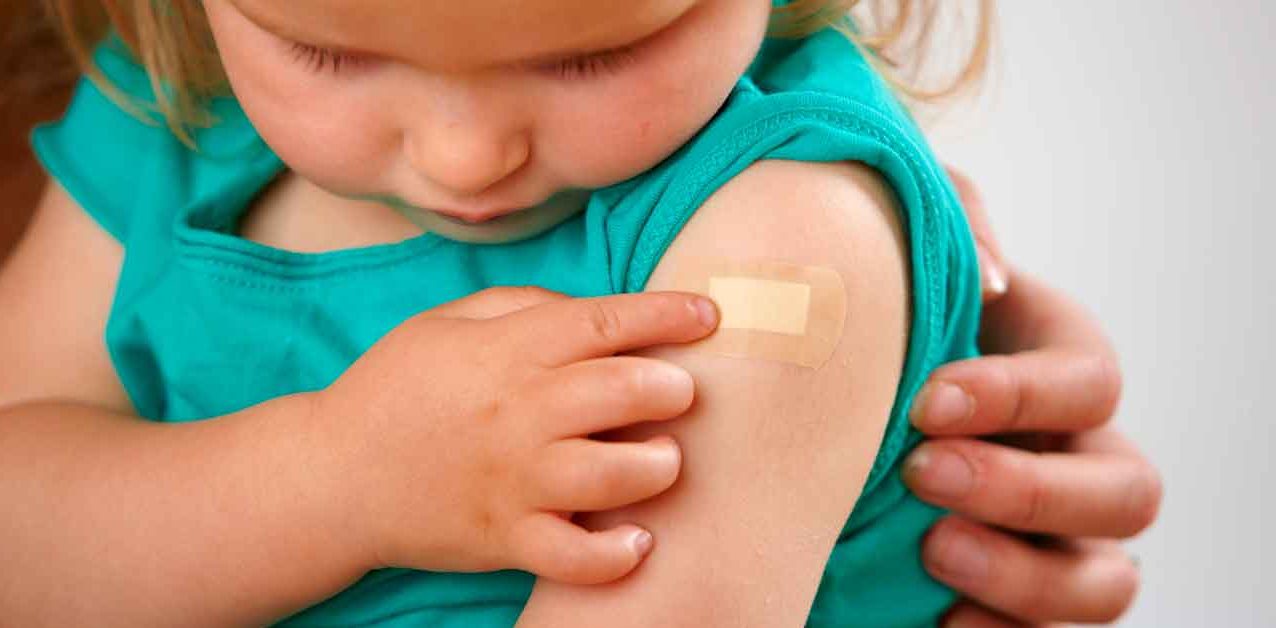How to Help Your Child Deal with Shots

Teaching children good coping skills can help them feel less pain after getting shots, but many parent behaviors can unintentionally make children feel worse.
Vaccinations keep children safe, protecting them against dangerous, potentially fatal diseases. But any caregiver who has taken a child to the doctor’s office knows that shots are often the worst part of a visit to the pediatrician. From a young age, many children are upset by having to get as many as 20 shots by the age of 4 or 5, and their distress often makes their parents feel anxious and unhappy as well.
But parents, research has discovered, are the best tool available for helping children deal with the stress and pain of getting vaccinations.
A study, published in the medical journal Pain, found that parents play a very specific role in helping children cope with the pain that comes from getting shots. When this role is done well, children actually feel less pain from shots as a result.
YOU MIGHT ALSO LIKE: This Season’s Flu Shot
Parents influence children’s feelings about shots
The study followed 548 children through infant and preschool vaccinations. Researchers observed how children dealt with the pain of getting shots at their 12-month vaccinations, then followed up in preschool to see how children reacted to shots at later ages.
Researchers looked at behaviors such as grimacing, tense or scrunched up legs, crying, and how easy children were to console after vaccinations to rate how well they coped with the stress and how much pain they felt after receiving shots. They compared the coping behaviors of parents at the 12-month appointments to the coping abilities of children in preschool.
Most parents will not be surprised to hear that children needed their caregivers to help them deal with shots. What the researchers found, however, was that many parent behaviors actually make children feel more upset about getting shots, rather than less.
Parent behaviors that make shots worse
Professor Rebecca Pillai Riddell, the senior author of the study, discovered that caregivers may be unintentionally causing children more distress by making them anxious before any shots happen. When this happens, children in the study tended to show poorer coping skills and feel higher levels of pain.
Updated:
February 27, 2020
Reviewed By:
Janet O’Dell, RN